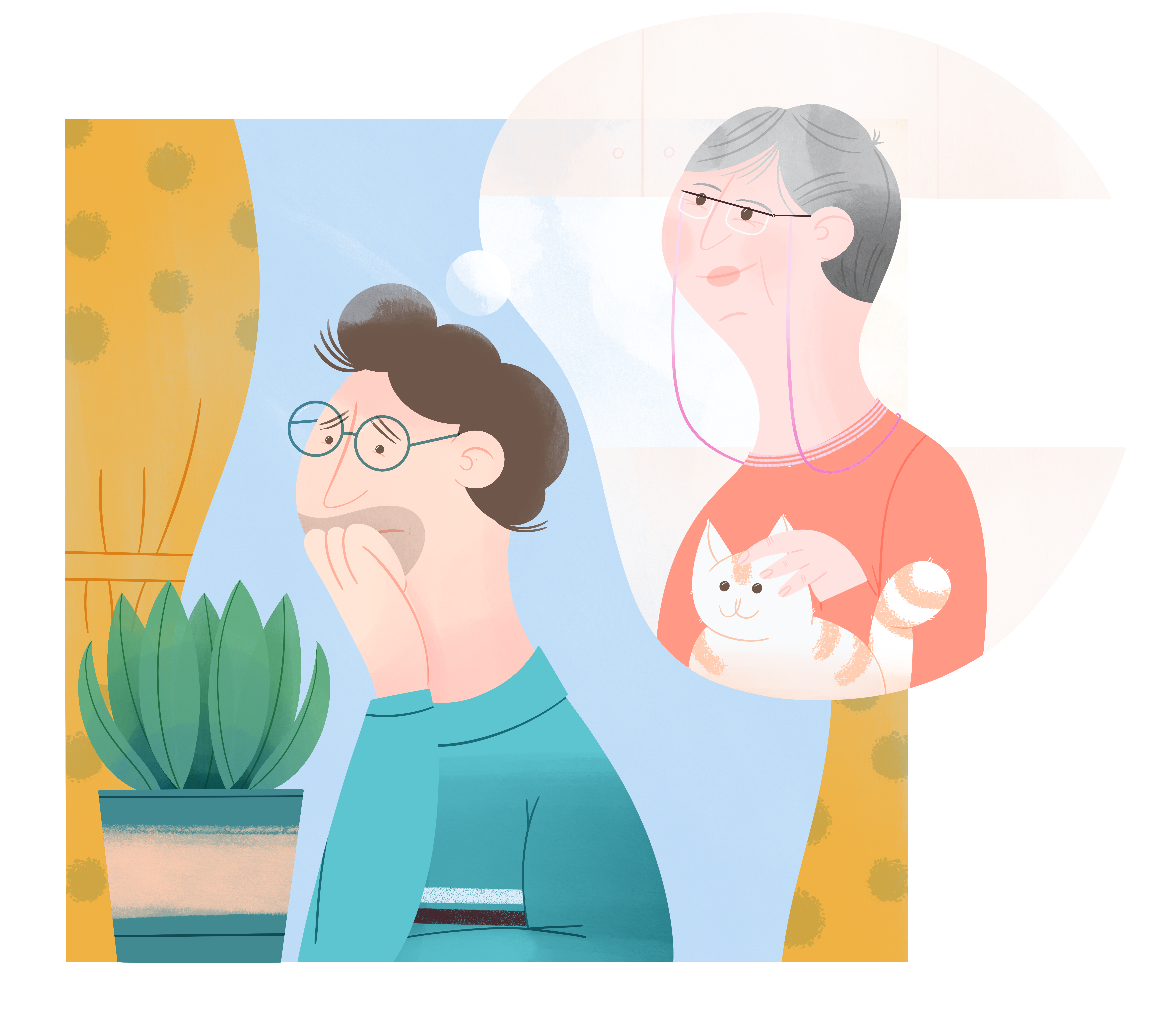The professionals
Physicians
The physician’s role is first to understand the problem experienced by the patient, and then to offer a diagnosis and establish a treatment plan. Family physicians are generally the ones who monitor the patient and refer them, as needed, to specialists for a more thorough diagnosis. If your loved one is displaying symptoms of loss of autonomy, their physician may refer them to a neurologist or a memory clinic for more advanced testing.
Social workers
One aspect of social workers’ work is to assess the level of social functioning of seniors with loss of autonomy. Based on this assessment and the wishes of the senior, they can refer appropriate home support resources or start the process for moving to a care facility. In addition, social workers may be approached as part of the mandate of protection homologation process (for more information, see our interview with a social worker).
Psychologists
Psychologists help the people they see identify their needs. They then determine treatment pathways that may benefit their client and guide them in implementing the appropriate strategies or solutions. Many caregivers experience isolation, even psychological distress. Do not hesitate to talk about it if you feel the need for psychological support (for more information, see our article Psychological care).
Occupational therapists
Occupational therapists identify the physical or cognitive needs of the senior and propose appropriate solutions to help the senior live at home and foster their autonomy, especially with home adaptations. They are often called on to determine whether a person is able to perform certain tasks on their own, to measure the impact of a physical or mental health issue on their daily life and to ensure that their environment is safe.
Physiotherapists (and the physical rehabilitation therapist)
The physiotherapist’s role is first to assess the person’s physical disabilities, then establish a treatment plan and carry out interventions that will improve and alleviate the person’s physical condition. For people with loss of autonomy, physiotherapy interventions can help with getting around safely or reducing the risks of falls, for example.
Pharmacists
The pharmacist’s role is to ensure that medications are used and prescribed properly and safely. Pharmacists advise professionals and patients to prevent, relieve symptoms or heal certain diseases or infections, as well as to reduce side effects. Do not hesitate to contact your pharmacist if you have any questions about medication.
Nurses
Nurses fulfil a variety of functions: assessing a person’s overall health, implementing care and treatment, ensuring the care plan is carried out, providing clinical monitoring, initiating diagnostic and therapeutic measures, administering medications or substances, etc. In the event your loved one cannot get to the CLSC for care or treatment, sometimes nurses can come to the home.
Personal support workers
Personal support workers’ main duty is to administer basic care to patients and provide them with physical assistance on a daily basis. They may help patients get dressed, eat, get about, get up, go to bed, etc. Among other things, their assistance helps preserve the independence of seniors living in their own home.
Most of these health care providers work in a CLSC, CISSS/CIUSSS, hospital setting, CHSLD, rehabilitation centre or another facility near you.









